-

Pentagon moves to restrict public knowledge of progress in Afghanistan
Yesterday’s Quarterly Report from the Special Inspector General for Afghanistan had a very different tone from the President’s remarks regarding transparency on efforts in the Middle East. While it may be true, as Trump claims, that “We no longer tell our enemies our plans,” according to the SIGAR report, we’re no longer telling Congress, much less the American people, either.
-
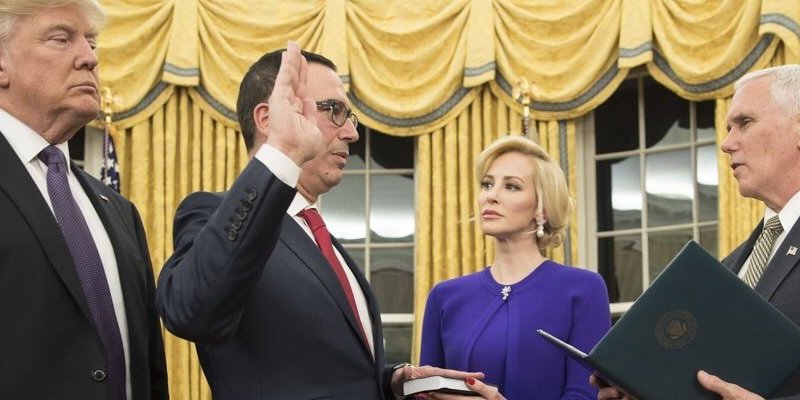
Even Congress wasn’t allowed details of FBI’s Steven Mnuchin probe
Last year, a letter from the FBI indicated that Treasury Secretary Steven Mnuchin tied to an ongoing federal investigation. In response, Senator Sherrod Brown called for the FBI to release any relevant details so that Congress could make an informed decision. His request was rejected - a week after Mnuchin was already confirmed.
-
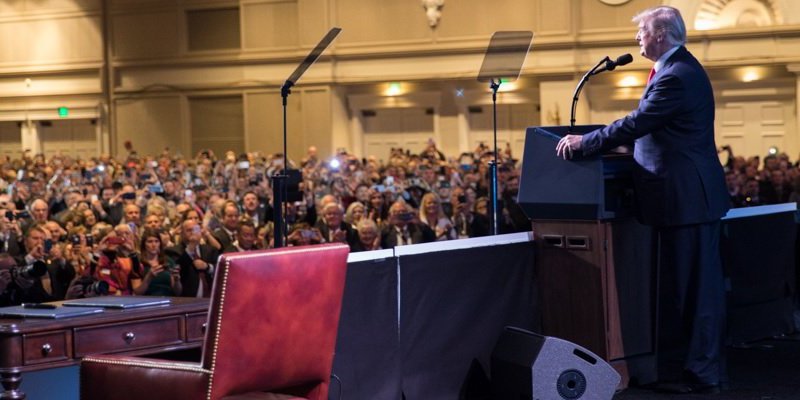
FOIAing the Trump Administration: The difficult task of tracking how Trump is profiting from the presidency
With mixed result, FOIA requesters have put a lot of effort into trying to track how Donald Trump is profiting from the presidency. This week, we’ll take a look at what FOIA has and hasn’t been able to reveal about Trump’s profits from foreign emoluments and government agencies’ use of his properties.
-

Cooking with FOIA: George Bush’s declassified grilling tips
From fudge to top-secret cupcakes, the Central Intelligence Agency’s CREST database contains an abundance of once-classified recipes with often tenuous ties to the agency itself. An article from the May, 1976 issue of Texas Monthly is one such example, featuring then-CIA director George H.W. Bush’s guide to making the perfect hamburger.
-

FBI teletype reveals a brief counterintelligence investigation into Scientology
A recently released Federal Bureau of Investigation file from 1996 on the Church of Scientology shows that more than twenty years before Central Intelligence Agency accused WikiLeaks of being a “non-state hostile intelligence service,” the Federal Bureau of Investigation received an official inquiry asking if the COS was one. The inquiry resulted in the FBI Director sending a priority teletype to the Washington and Los Angeles field offices, as well as CCing the Bangkok Legat that had passed on the inquiry.
-

Don Lemon FCC complaints take aim at “fake news,” presidential profanity, and on-air tippling
Currently filling the 10 pm to midnight time slot on CNN, Don Lemon has apparently made no friends among temperance activists, opponents of potty mouth, and Trump supporters. According to Federal Communications Commission complaints released through FOIA, 41 people between 2015 and 2017 wrote to the Federal government to complain about Lemon’s newscasting.
-
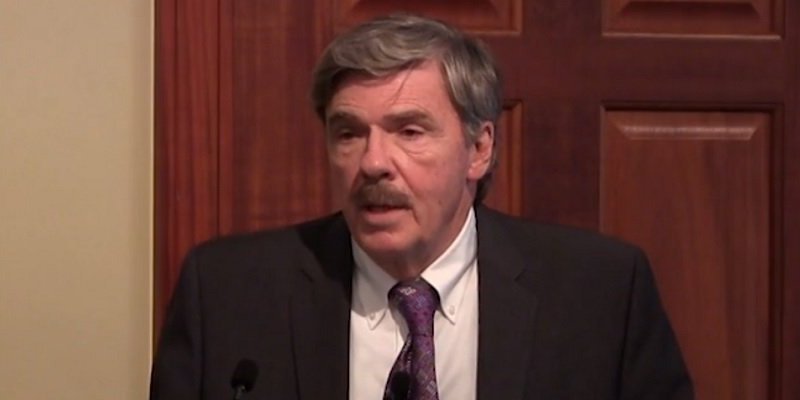
In honor of Robert Parry, read a collection of his work curated by the CIA
This weekend, I was saddened to read about the sudden passing of legendary investigative journalist Robert Parry. Parry is vital reading for anyone interested in American’s hidden history and ironically, the Central Intelligence Agency’s archives offer a curated collection of some of his best work.
-
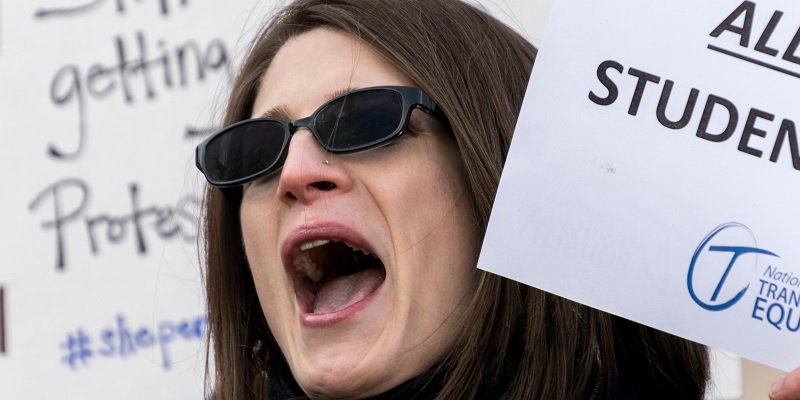
Under Betsy DeVos, the Department of Education leaves transgender protections up to the schools
Early last year, we submitted non-discrimination policies regarding transgender students to all 50 states Department of Education as well as a few major cities across the U.S. We received 50 very different responses, varying from merely suggested policies to fully formed plans with structure and consequence.
-

MuckRock Release Notes: Something big is coming
Last week we were heads down on wrapping up the secret project, so no new user-facing features were pushed out, but big ones are coming soon!
-
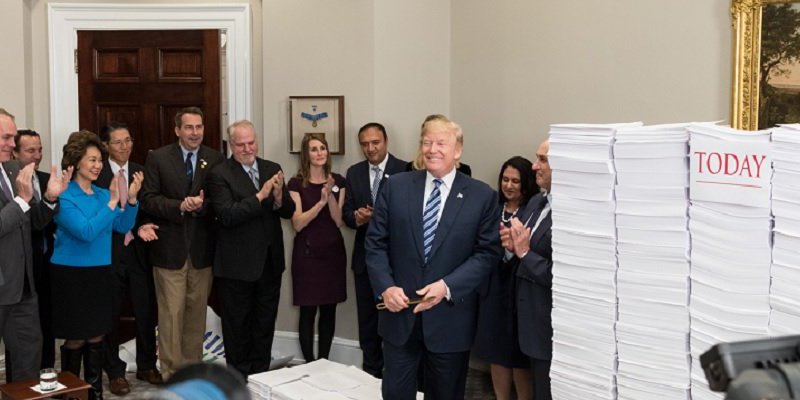
Trump’s deregulation efforts are still going strong
President Donald J. Trump rolled into his first year in office with huge claims about the ways he would be scaling back government involvement in Americans’ lives. But slashing regulations on businesses isn’t a wholesale way to ensure better lives for the American people.
-
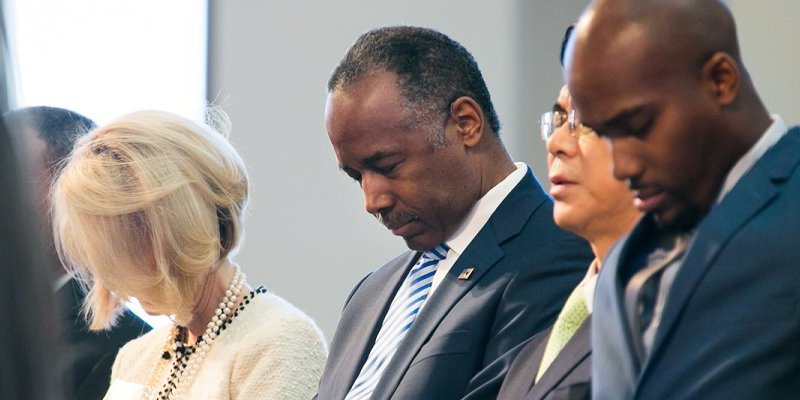
Using FOIA to sit in on Ben Carson’s Bible study and provide better criminal justice oversight
Public records can help dig into policy makers at all levels, as well as help find out the truth on the ground. This week’s FOIA roundup shows how you can use requests to do the same no matter what subject you’re interested in.
-

The CIA college tour: Campus protest round-up
In response to dwindling recruitment numbers in the ’60s, the Central Intelligence Agency adopted a more aggressive program to lure in the best and brightest from America’s college campuses. That increased visibility led to the Agency facing with heavy resistance from student protests, in the form of citizen’s arrests, paint-throwing, patriotic frat boys, and in one case, aggravated poetry.
-

The secret origin of J. Edgar Hoover’s nickname
One of the lesser-known scandals associated with the Federal Bureau of Investigation’s most infamous Director, J. Edgar Hoover, is that for years, he answered to his childhod nickname, “Speed.” While various sources have attributed the name to everything from Hoover’s habit to talking quickly (allegedly to mask a stutter) to his swiftness on the football field (a sport he never played), an official FBI newsletter released to Russ Kick offers the official origin story.
-
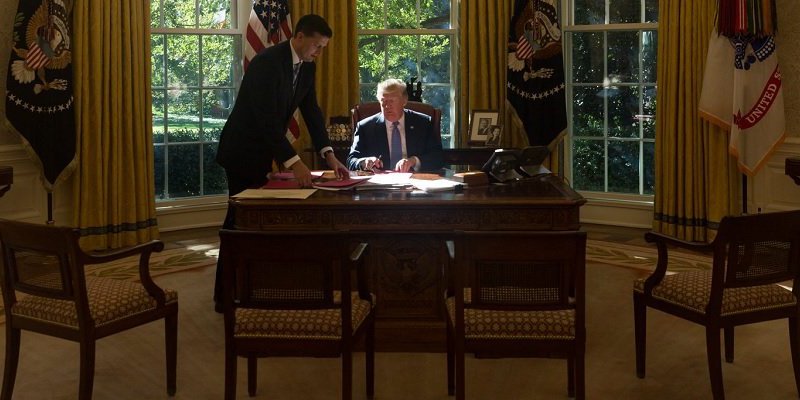
Under Trump, a strained FOIA continues to show its seams
A little over a year ago, I took a look at what FOIA might look like under the Trump administration. Unfortunately for transparency, things have turned out much as we expected.
-
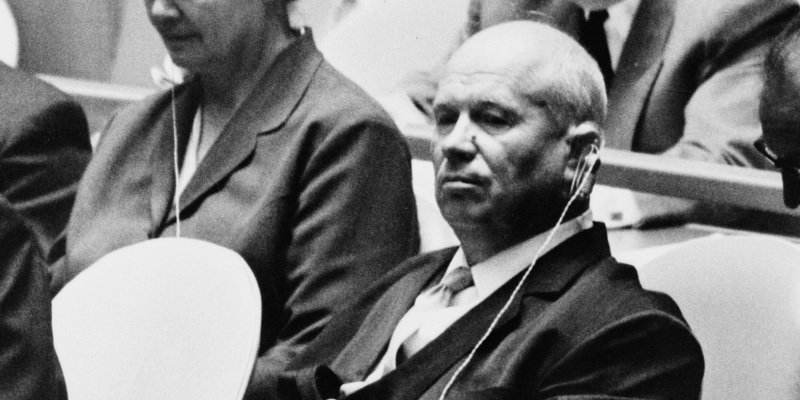
According to a declassified CIA memo, Moscow has been trying to influence U.S. elections since 1964
A declassified 1964 memo to the Director of the Central Intelligence Agency reveals that the Moscow has been attempting to influence the U.S. Presidential elections since 1964, a full fifty-two years before the election of Donald Trump.
-

If you belong to an online group, you may end up secretly recruited by intelligence agencies
A series of recently released legal guidelines on Open Source Intelligence explain how and when intelligence agencies can exploit social media and other online resources. One of the documents, previously classified SECRET//NOFORN, hints at the online recruitment of people as sources of information. Collectively, the guidelines spell out the restrictions intelligence agencies work with when dealing with OSINT, revealing how users and developers can deter intelligence agencies from some of the most casual, and pervasive, forms of surveillance.
-
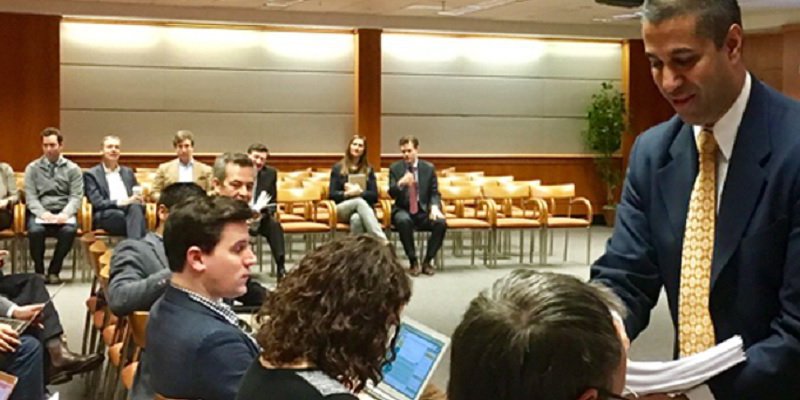
Browse over a year of FCC Chairman Ajit Pai’s calendar
In response to a FOIA request by Taylor Scott Amarel, the Federal Communications Commission has released nearly two year’s worth of Chairman Ajit Pai’s calendar. That’s a lot of entries to look over, which is why we’re asking for your help.
-

FOIAing the Trump Administration: After a year, aspects of Trump appointees’ ethics agreements begin to expire
Trump has been in office for one year, which means some of his earliest appointees will soon be free of certain promises in their ethics agreements. This week, we take a look at how you can investigate Trump appointees’ ethical obligations using public records.
-
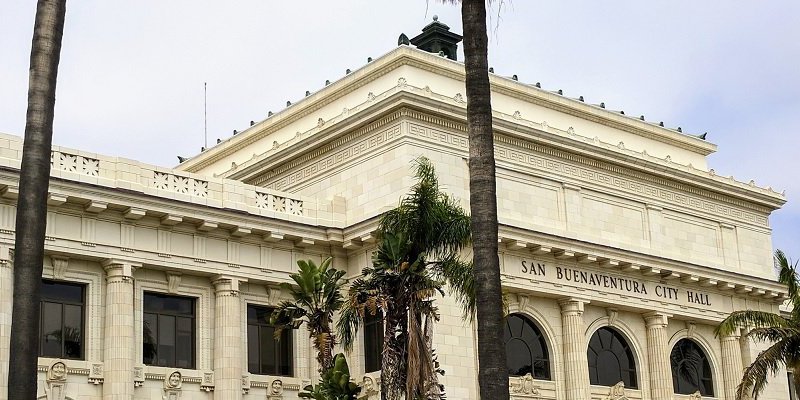
How are cities investing tax dollars where you live?
Beyond its buildings and its land, your city’s assets may not be obvious, even though among them are the means by which pensions are funded and new projects are undertaken. MuckRock is learning more about the returns on your investments.
-

The CIA assets that worked for Castro - and assassinated a Panamanian president
Panama has a long history of coups and interventions involving the United States that go back to the establishment of the Panama Canal, some of which resulted in pro-U.S. governments, while other seemed to benefit Communist groups. Documents show that the confessed assassin of Panamanian President José Antonio Remón Cantera was a Central Intelligence Agency asset, and that at least one other CIA asset was on the scene and arrested at the time of the assassination in 1955. Both also share ties to the Cuban community, as well as vague connections to the JFK assassination - and one of them may have also been involved in a plot to kidnap and/or assassinate Vice President Spiro Agnew and CIA Director Richard Helms.
-
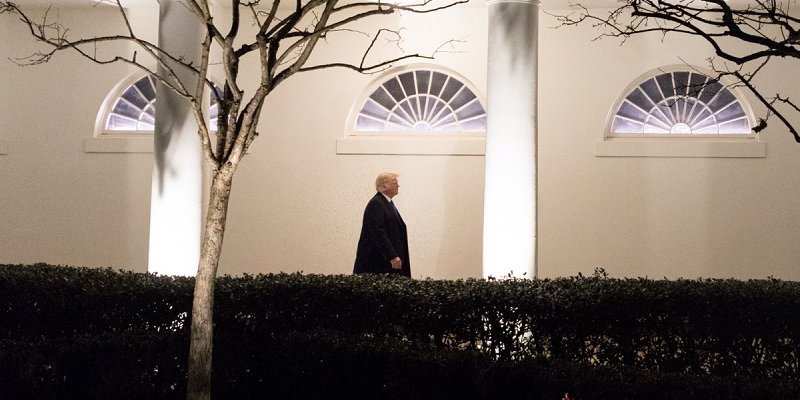
FOIA FAQ: Why you shouldn’t FOIA the White House
One thing we get asked about a lot is if it’s possible to FOIA for XYZ thing that President Donald J. Trump was reported to have done or said. In the overwhelming majority of cases, the answer is no, for reasons we’ll outline today.
-

Homeland Security used a modified version of the Anonymous logo in a presentation on surveillance
A presentation from Homeland Security on Intelligence Oversight Training appears to include a version of Anonymous’ “man without a head” logo that was modified to depict a surveillance state. Perhaps even more interestingly, the image has a preexisting copyright and appears to have been originally used in an article describing Pakistan’s mass surveillance system - a system that appears to liaise with the National Security Agency.
-

A round-up of the #AmazonHQ2 bids that didn’t make the cut
As the hype grows around the #AmazonHQ2 finalists announced last week, it’s worth perusing the proposals that didn’t make the cut to get a sense of what cities across America were offering.
-

MuckRock Release Notes: Better filters, less buggy donations, and improved exporting
Last week we launched a number of improvements to features across the site, plus more work to make it easier to contribute by booting up MuckRock locally.
-
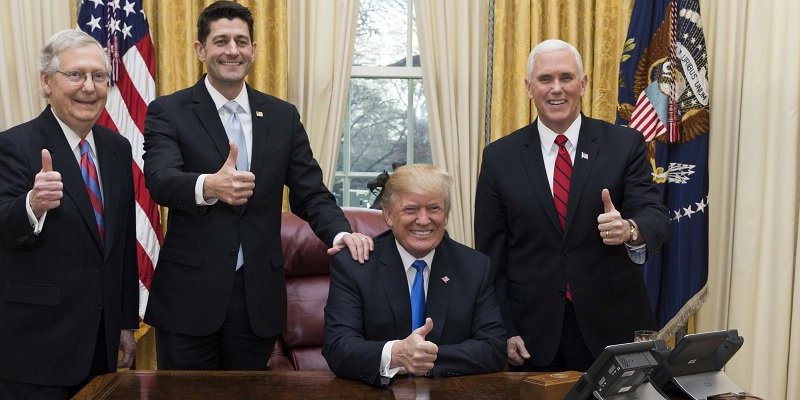
After a banner year under Trump, local scrutiny of private prisons is as important as ever
The administration’s attitude has helped to make the last year one of the most promising for the private prison industry, but local initiatives continue to combat its expansion at home.